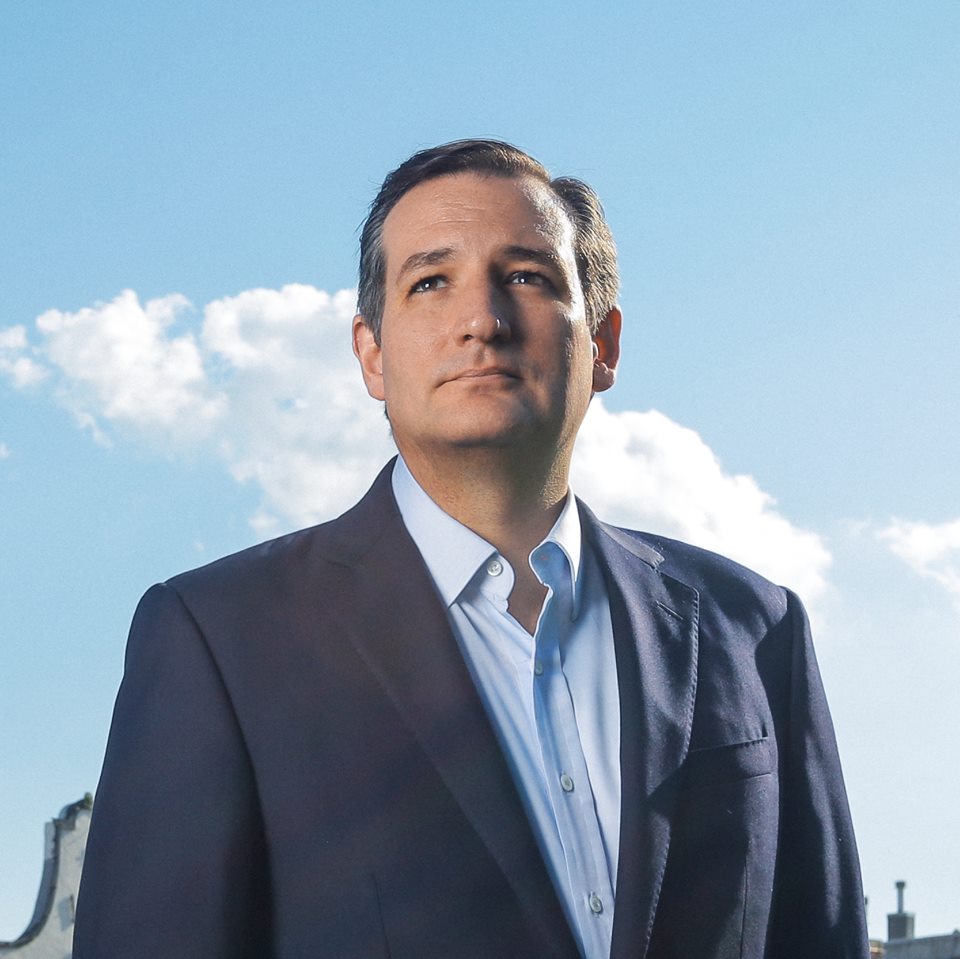Sen. Cruz: ‘China Is the Greatest Geopolitical Long-Term Threat to the United States Both Economically and Militarily’
Published 6:35 pm Saturday, March 2, 2019
Participates in Senate Foreign Relations Committee Hearing ‘Assessing the Role of the United States in the World’
To The Leader
WASHINGTON, D.C. – U.S. Sen. Ted Cruz (R-Texas), a member of the Senate Foreign Relations Committee, participated in a hearing on Wednesday focused on the role of the United States in the world. There, he directed his line of questioning to expert witnesses on the economic and military threats China poses to the U.S., and what the U.S. should do in response.
Trending
Watch Sen. Cruz’s full line of questioning here. Excerpts are below:
Sen. Cruz: “Thank you, Mr. Chairman. Thank you to each of the witnesses for being here this morning. Thank you for your testimony. Let’s start where you were just addressing in the last set of questions, which is China. In my view China is the greatest geopolitical long-term threat to the United States both economically and militarily. I want to ask both of you do you share that assessment, number one. Number two, if so, what should we expect from China in the next decade?”
Hon. Stephen Hadley: “I worked for President Bush, and each morning we’d come in at about five after seven and tell him of all the terrible things that had happened overnight. And he would always say, “Well your job gentlemen, is to take each problem and challenge and turn it into an opportunity.” And I think that’s what we need to try to do with China. And I think that’s what Senator Rubio was talking about.
“It is a huge challenge. I don’t think we know where China is heading, and that’s why I think the point Bill made is trying to condition the environment in which China is emerging to try to influence its behavior because the trends are troubling. If you look at the extent of the increasing control that the party is exercising over the society. If you look at the social credit scheme and using data to really incentivize party approved behavior form the citizenry, it’s the kind of tool that Stalin would have loved to have had in his era.
“We don’t know where they’re going economically. They clearly have some trouble. I think there’s a tension between their political system and their economic system. That you can’t have the kind of political control and have the kind of economic performance opening up, China needs, if it’s going to achieve its objectives for its own self. So, I think there’s all kinds of dilemmas in terms of where China is heading. The most we can do is to try to condition the environment, shape as much as we can Chinese choices–but put ourselves in the position that if it comes to an all head-to-head competition we’re gonna win.”
Hon. William Burns: “Senator, I mean, I agree with you. I think we have to be clear-eyed about what Chinese ambition seems to be. I think China wants to be a global economic peer of the United States and it’s well on its way to that outcome. Second, I think it wants to recover across the Chinese political elite what it sees to be its accustomed role as the dominant player in Asia. Now you know, both of those ambitions carry with them the seeds of collisions with the United States. I mean, history is full of collisions between rising powers and established powers. I don’t think there’s anything foreordained about that. That’s why as both of us have said that has a lot to do with how forward-looking, how nimble we are in trying to shape the conditions in which China rises so that we can limit the risk of collisions over time. I think that’s possible but that is the single biggest strategic challenge we’re going to face.”
Sen. Cruz: “So, in your judgments what should our objectives be with regard to China and dealing with China in the next decade? And, what tools do we have to accomplish those objectives? And I would ask that you would include in your answers some assessment of the Chinese investments in propaganda, whether it is in countries across the globe or here in the United States through organizations like the Confucius Institutes that are funded by the PRC and designed to spread a particular message that is agreeable to the government of China.”
Hon. Stephen Hadley: “I think we start by preparing to compete with China in those areas where it is in our national security interests and economic interests to do so. Put ourselves in a position we can compete and win in those areas. And at the same time, try to put a framework on that competition so that it does not become–swallow up the entire relationship and push us from competition to confrontation and even conflict. Because there are a lot of– by so doing–open a space for cooperation. Because I said in my testimony there are a lot of issues in which it is in China and the United States’ interests to cooperate. We need to find a way to both strategically compete, bound the competition so it doesn’t overwhelm the relationship, still have a space to cooperate in those areas where it is in our interest to do. Finally, we need to take on the ideological challenge. We’ve got to show the world again that authoritarianism state capitalism is not the route to a stable prosperous secure society–that our model works. I think we’ve lost some confidence in that. We need to reaffirm our commitment to it, and then demonstrate it in our own society.”




